Does a full moon affect sleep? We investigate
Many people report that their sleep deteriorates around a full moon. Is there any science to back it up?
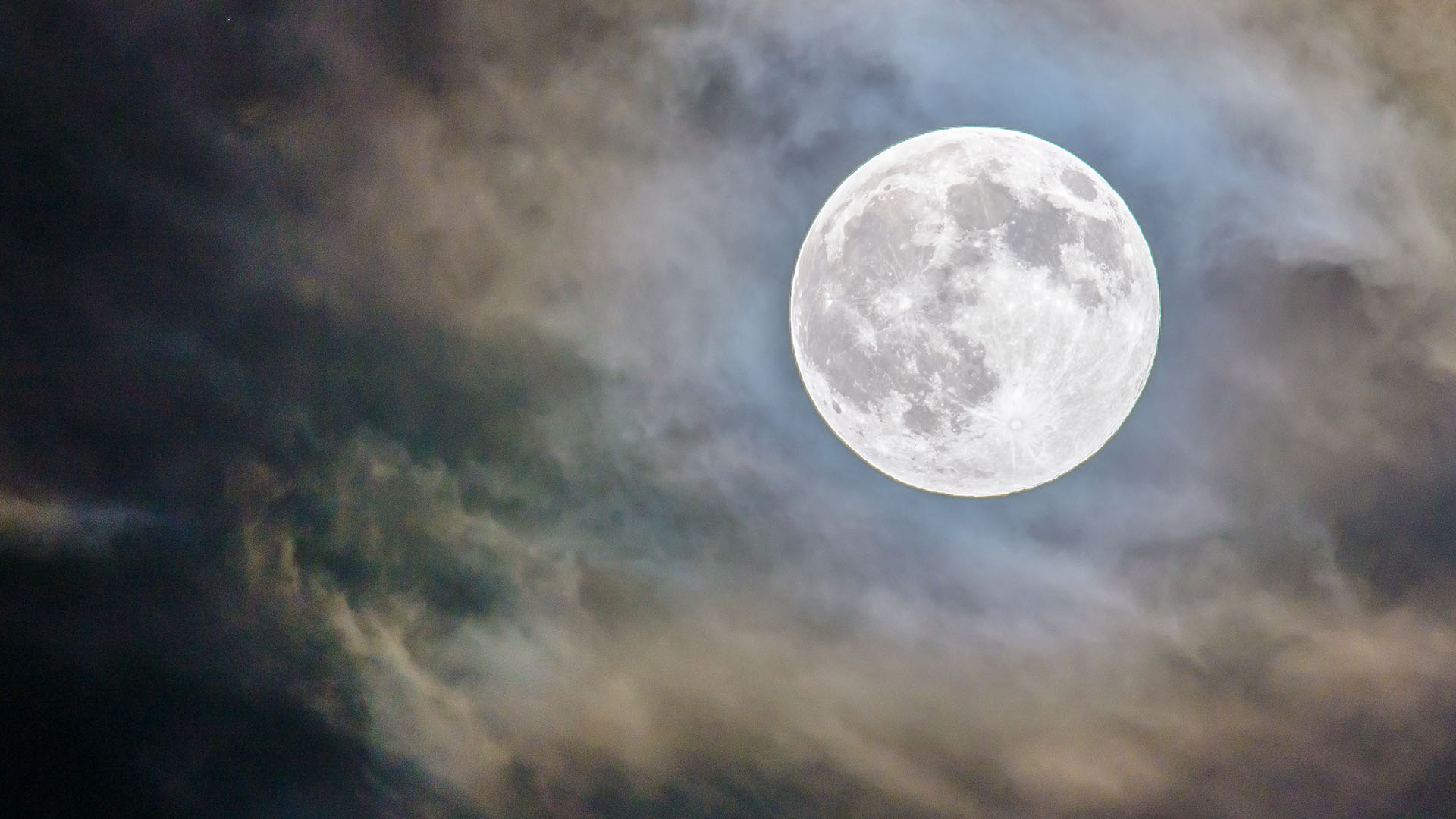
Anecdotally, plenty of people experience disrupted sleep on nights around a full moon. But why might this be, and is there actually any science to back it up? Below, we'll dig into exactly how and why a full moon might affect sleep, and offer some advice on how to avoid a sleepless night whenever it might occur – full moon or not.
For more tips, head to our guide to finding your sleep window, how to sleep better at night naturally, or check out our best mattress guide if it's time to upgrade your sleep setup.
Does a full moon affect sleep?
Many people believe that a full moon affects their physical and mental wellbeing, including having a negative impact on their sleep. Claims that the full moon might affect mental health (the word 'lunatic' stems from the belief that the lunar cycles caused changes in mental state) or make you physically ill don't have much by way of scientific backing, but there are multiple studies that suggest it can indeed disrupt sleep.
A large-scale study from 2021 focused on the sleep patterns in three indigenous Argentinian communities and 464 American college students in a big city. It found that all groups of participants fell asleep later and slept for less time overall in the week running up to a full moon.
This 2013 study found that around the full moon, the time it took for participants' to fall asleep increased by five minutes, and sleep duration decreased by 20 minutes. There was a 30% drop in deep sleep, and participants reported worse sleep quality, too. This research from 2021 had similar findings, with participants tending to fall asleep later and sleep for a shorter period overall on the nights leading up to a full moon.
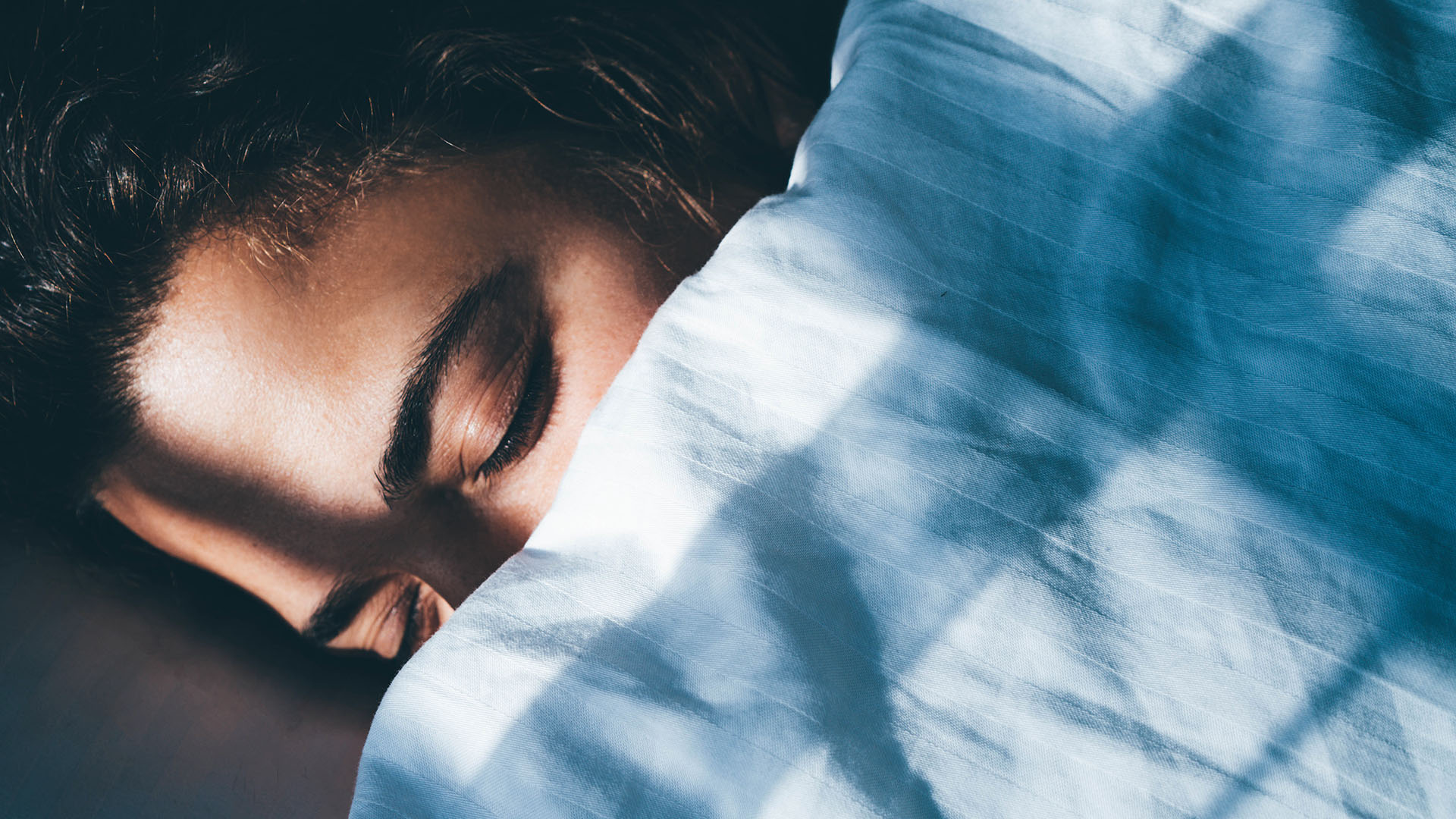
One 2015 study of 205 adults found that there was a split based on gender. On nights close to a full moon, total sleep time, Stage 4 sleep and REM sleep were reduced in women, whereas in men the amount of REM sleep increased during that period.
We consulted sleep expert Olivia Arezzolo in the course of putting together this article, and she pointed to this 2013 study by way of proof that there is a relationship between the moon cycles and sleep quality. The study found that a full moon could reduce (brainwave) delta activity (which is reflective of NREM, our slow wave sleep) by 30 per cent. It also found a full moon increased the amount of time it took people to fall asleep, and reduced production of melatonin (the hormone that makes us feel sleepy). "Hence, it is not just our imagination," she explains. "There are significant shifts in our biology, specifically impacting our sleep, that co-occur with a full moon."
While there's plenty of evidence to suggest there is a link between sleep quality / duration and lunar cycles, not all scientists agree. This 2015 study of 2125 people included both subjective and objective monitoring, and concluded there was no significant effect between lunar phases and sleep.
Get instant access to breaking news, the hottest reviews, great deals and helpful tips.
Why might the full moon affect sleep?
There are a few theories as to why a full moon might have a negative impact on sleep. One popular one is that it's to do with the increased amount of moonlight (that was the conclusion of the large-scale 2021 study mentioned above). Moonlight is sunlight bounced off the moon's surface and reflected back to Earth – albeit much more weakly. Because we know that our sleep-wake cycles are stimulated by rising and falling hormone levels in response to light, it makes sense that this could cause disrupted sleep.
"As light is the main factor to control our circadian rhythm, it makes sense that under a bright (moon) light, we would experience greater sleep difficulties," says Olivia.
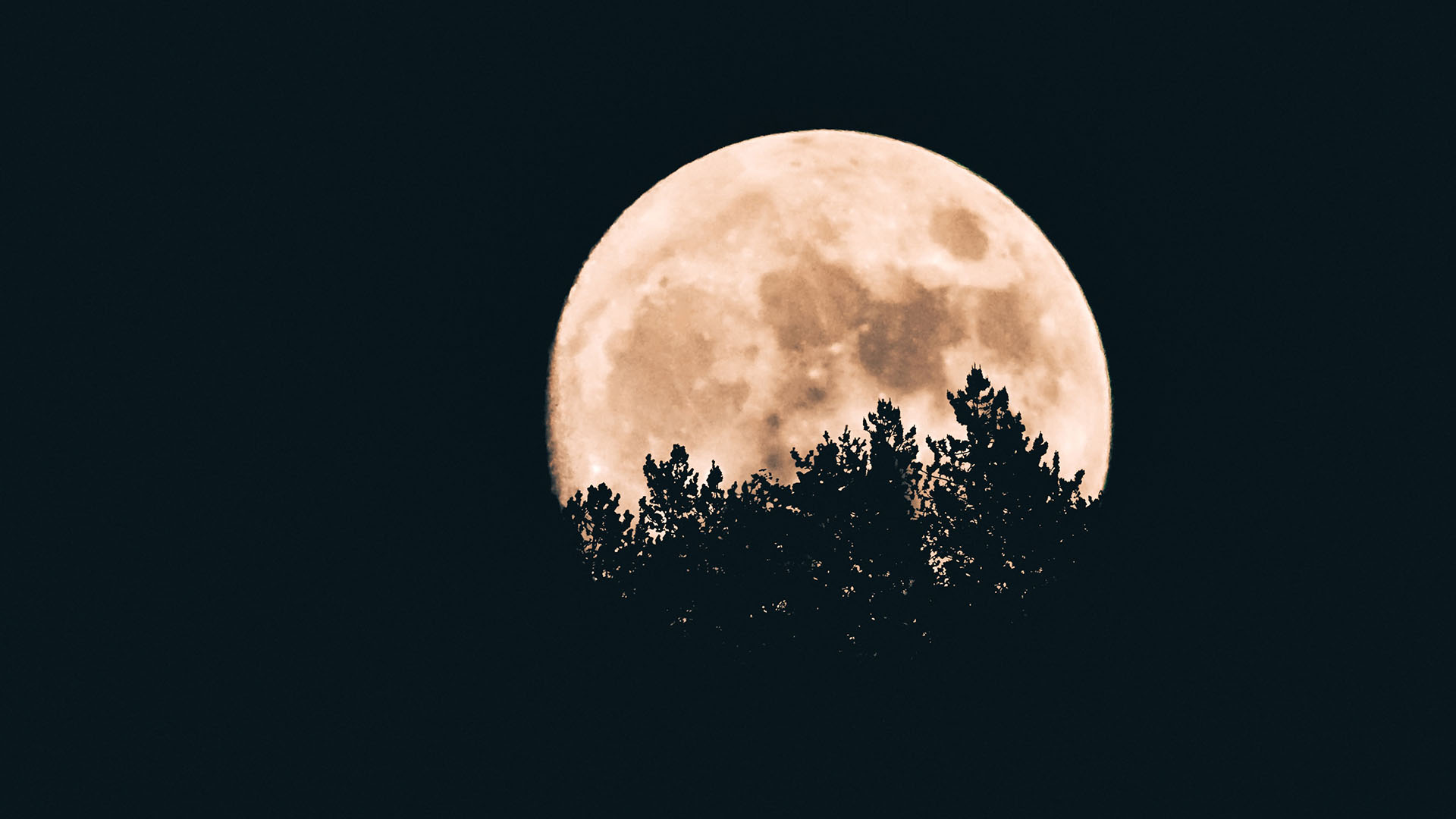
We also spoke to sleep scientist Theresa Schnorbach, who expands further: "As the moon passes through the four phases of its cycle, more light is reflected by the moon; at its fullest, making a good night's sleep can be challenging," she says. "The difficulty comes from the fact that levels of light from the moon are brightest when it is at the full stage of its cycle. It is this bright, blue-toned light that impedes melatonin production, a hormone that signals to our body that it's time to sleep, and increases levels of cortisol, also known as a 'stress hormone', which keeps you awake."
The theory has some flaws, though. For instance, it's irrelevant if the weather is cloudy. Many studies – like this 2015 one – take place in a sleep lab with no windows. If you're in a city, artificial light will be much more prevalent than moonlight, too.
Other theories suggest that it's to do with the moon’s gravitational pull (although this seems unlikely), or that it could be related to the moon causing electromagnetic fluctuations on Earth, to which humans may be sensitive.
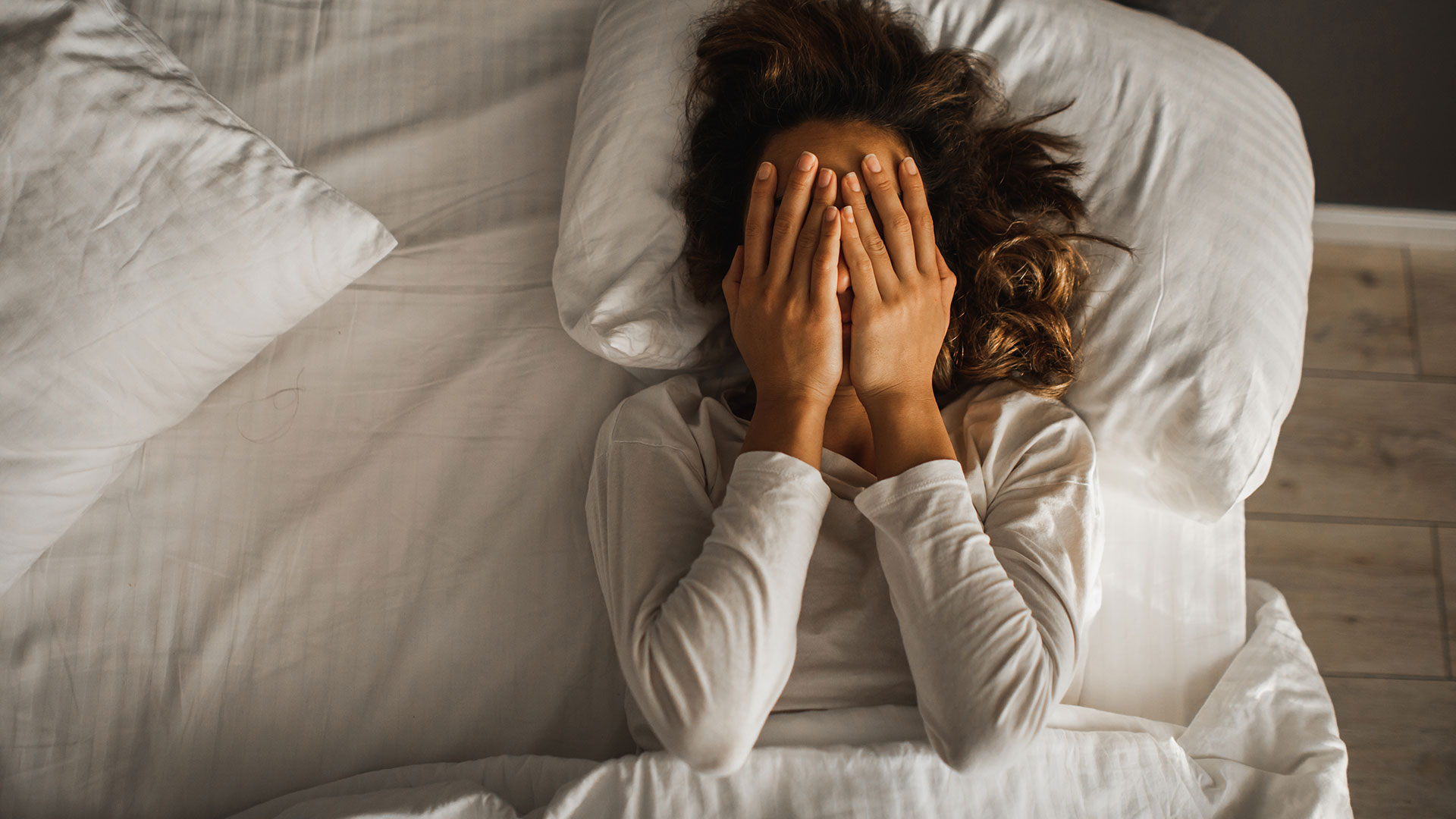
How to sleep better when there's a full moon
Whatever the cause, if you're concerned about your sleep quality in the run up to the new moon, here are some steps you can take to help improve your sleep quality.
Avoid blue light
"Much like the bright light of the full moon, the blue light of tech will disrupt your melatonin production and your circadian rhythm, making it more difficult to fall asleep," says Theresa, who's the resident Sleep Expert at Emma. She suggests minimizing your exposure to blue light by setting devices to 'night mode', or ideally avoiding devices entirely for a few hours before bed (find out more in our article exploring how screens affect sleep).
Change your smart bulbs to warm colors
"While blue light works to stimulate your brain and keep you up, red light can work in the opposite way to aid sleep," explains Theresa. If you have smart bulbs, changing the tone to a warmer shade – or even making them red – before bed could improve your sleep.
Keep the heating off
The October Hunter's Moon is traditionally considered a marker of the descent into winter, and temperatures are certainly starting to drop. Theresa says we should resist reaching for the thermostat. "Turning the heating on can actually be counterproductive to sleep," she says. "The optimal bedroom temperature has actually been found to be around 15.5-19°C [around 41-66F]. This is because an integral part of winding down for sleep is your body cooling down."
Making sure you've got the right sleep setup can be important here – our guide to the best cooling mattresses runs down options that are specifically designed not to trap body heat.
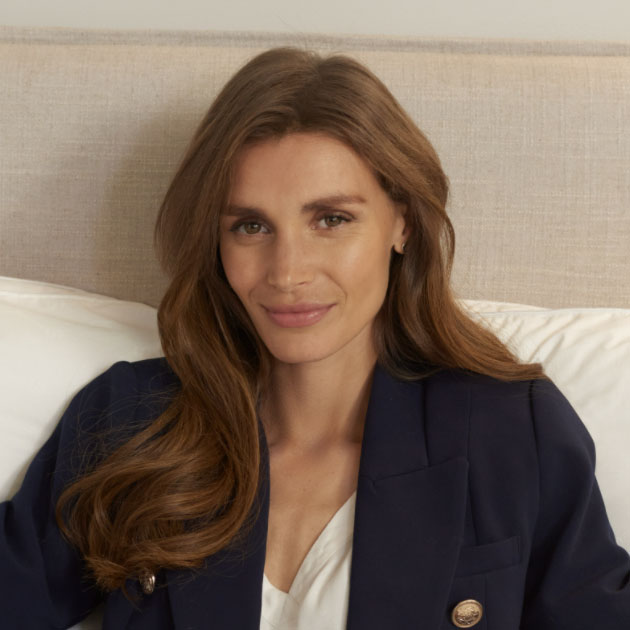
Olivia is a sleep expert, sleep coach and author. After 9 years of study, her qualifications include a Bachelor of Social Science (Psychology), Certificate of Sleep Psychology, Diploma of Health Science (Nutritional Medicine), and a Certificate 3+4 in Fitness. Alongside her media work, Olivia is developing sleep wellness programs for a number of high-profile, luxury hotel brands.
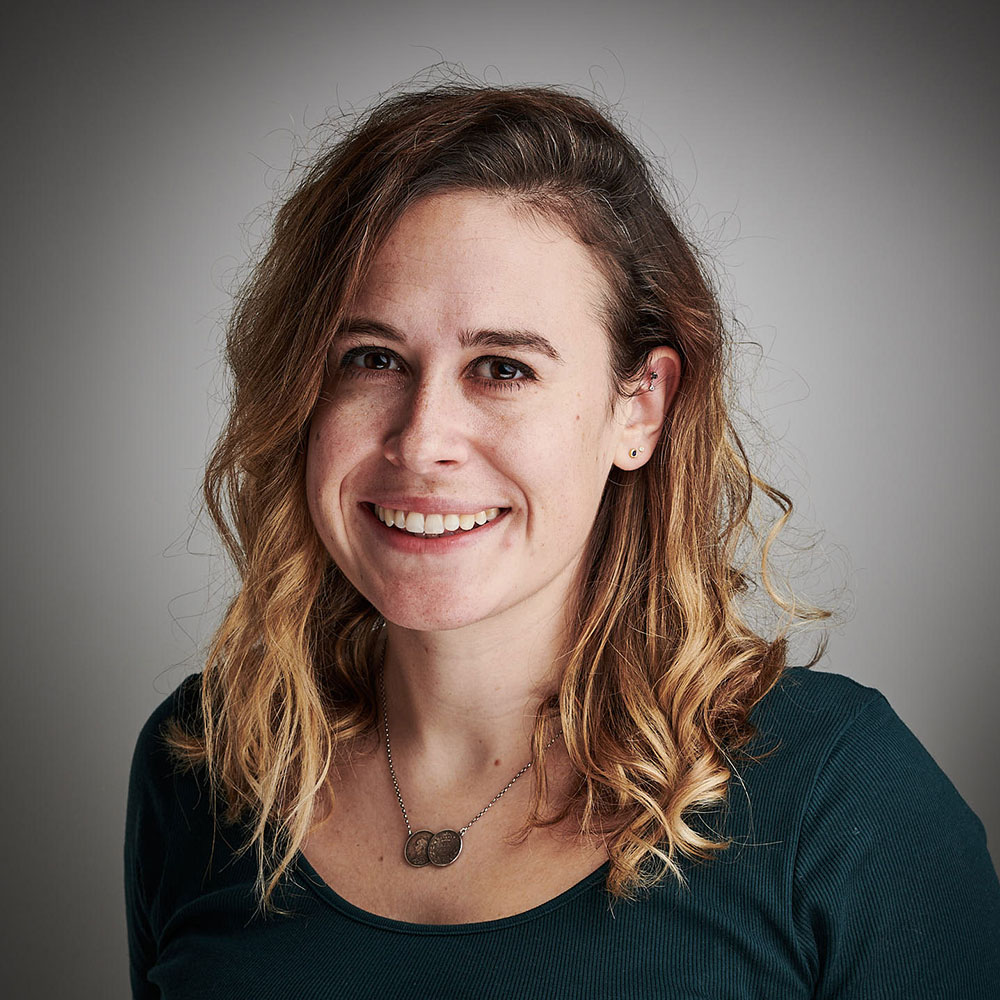
Ruth is currently Homes Editor on Tom's Guide's sister site TechRadar, where she reviews and writes about everything from air fryers to vacuum cleaners to coffee machines, as well as the latest smart home gadgets. Prior to making the shift to Homes, Ruth was Tom's Guide's Sleep Editor. A certified Sleep Science Coach, she has tested more mattresses than her small flat can handle and will talk at length about them to anyone who shows even a passing interest.
 Club Benefits
Club Benefits





